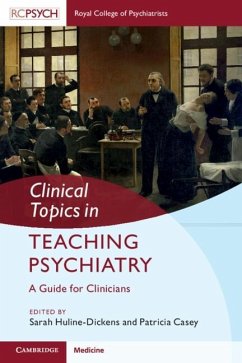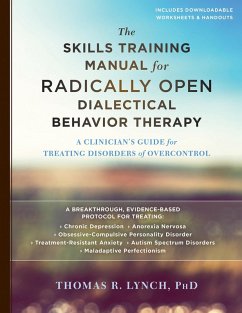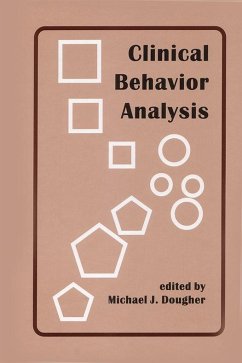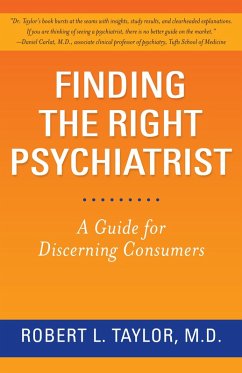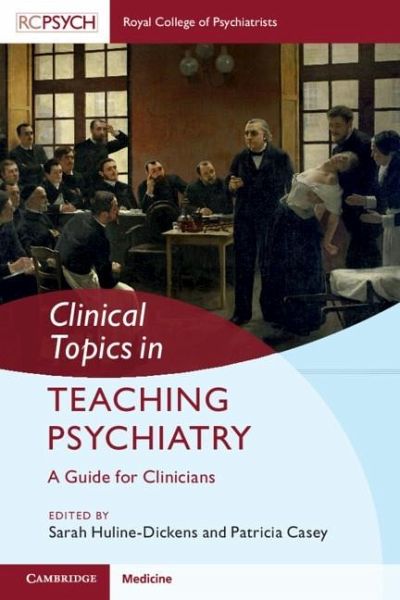
Clinical Topics in Teaching Psychiatry (eBook, PDF)
A Guide for Clinicians
Redaktion: Huline-Dickens, Sarah; Casey, Patricia
Versandkostenfrei!
Sofort per Download lieferbar
36,95 €
inkl. MwSt.
Weitere Ausgaben:

PAYBACK Punkte
18 °P sammeln!
Clinical Topics in Teaching Psychiatry draws on classic papers previously published in BJPsych Advances, alongside newly commissioned chapters, to provide a rich overview of teaching and learning as applied to psychiatry. Written by clinicians, professors and lecturers, the book covers the direct teaching of the specialty through to educational management, coaching and mentoring. It examines diverse methods of teaching and learning, from journal clubs to simulation, and gives an updated overview of psychiatry in the foundation programme. It covers the challenges faced by trainers in recent tim...
Clinical Topics in Teaching Psychiatry draws on classic papers previously published in BJPsych Advances, alongside newly commissioned chapters, to provide a rich overview of teaching and learning as applied to psychiatry. Written by clinicians, professors and lecturers, the book covers the direct teaching of the specialty through to educational management, coaching and mentoring. It examines diverse methods of teaching and learning, from journal clubs to simulation, and gives an updated overview of psychiatry in the foundation programme. It covers the challenges faced by trainers in recent times in delivering training virtually through webinars and remote placements. Newly commissioned chapters include how to conduct an online literature search, writing for learning and publication, delivering a good lecture and supporting trainees. Accessible throughout, the book provides much-needed guidance for busy clinicians, primarily psychiatrists, who are acting as trainers. It will also be an invaluable guide for trainees and other mental health professionals.
Dieser Download kann aus rechtlichen Gründen nur mit Rechnungsadresse in A, B, BG, CY, CZ, D, DK, EW, E, FIN, F, GR, HR, H, IRL, I, LT, L, LR, M, NL, PL, P, R, S, SLO, SK ausgeliefert werden.




